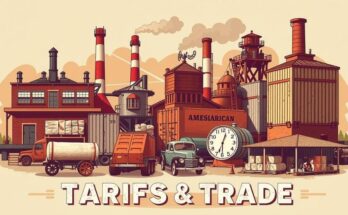Lis Cuesta, wife of Cuba’s ruler Miguel Díaz-Canel, appeared on the television show “Cuadrando la Caja,” promoted as an expert in cultural economics. Despite her background in coordinating tourism events, she discussed the crucial impact of cultural initiatives on the economy. Joined by officials who lack business expertise, the discussion was devoid of data or analyses regarding cultural services and state subsidies.
Cuesta emphasized the significance of culture for the economy, asserting that cultural events are lucrative. However, how much revenue they generate or how funds are allocated remains undisclosed. Although claiming a revitalised interest in the synergy of culture and tourism, they ignored the long-standing issue of unpaid artists within Cuba’s tourism sector.
A focal point of her remarks was the “human factor,” identifying creators as pivotal to the economic model. However, this viewpoint starkly contrasts with the reality artists face, plagued by funding hurdles and censorship. The narrative falls short as institutional priorities often overshadow genuine artistic expression, with only aligned projects receiving support.
Cuesta defended government luxury events as integral to the national identity, linking them to traditional festivities. Yet, she sidestepped the controversy surrounding these exclusive gatherings, predominantly accessible only to a privileged few, while many Cubans grapple with dire living conditions. Events like “Le Diner en Blanc” and selective music festivals exemplify this inequality.
Amid her advocacy for cultural sectors as economic drivers, the artist community’s struggle for basic support reveals a stark contradiction. The cultural economy is mired in funding deficits and stringent oversight, hampering its sustainable progress. Cuesta’s address left pressing questions unanswered for those living the daily realities of cultural deprivation brought on by inadequate governmental support, leaving many unable to enjoy even a simple theatre outing given the harsh economic environment.
Lis Cuesta, presented as an expert in cultural economics, discussed the significance of culture in Cuba’s economy on “Cuadrando la Caja.” Despite her claims of cultural events driving income, the discussion lacked concrete data and overlooked critical issues like artist payment and government censorship. The cultural economy faces funding crises, with bureaucratic control stifling true cultural development, affecting everyday lives profoundly.
Lis Cuesta’s appearance as a cultural economics expert underlines a disconnect between the government’s narrative and the lived experiences of artists in Cuba. Despite her claims of cultural events boosting the economy, serious structural issues persist, hampering the artistic community’s viability. The overwhelming bureaucracy and lack of genuine support present significant barriers, leaving many Cubans in a state of disenfranchisement amidst a cultural crisis.
Original Source: en.cibercuba.com



